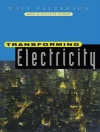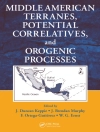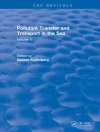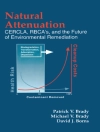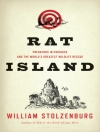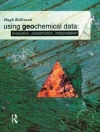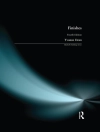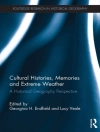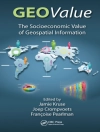This collection of essays explores the phenomenon of antiurbanism: the antipathy, fear, and hatred of the city. Antiurbanism has been a pervasive counter-discourse to modernity and urbanization especially since the beginning of industrialism and the dawning of modern life. Most of the attention on modernity has been focused on urbanization and its consequences. But as the essays collected here demonstrate, antiurbanism is an equally important reality as it can be seen as playing a crucial role in cultural identity, in the formation of the self within the context of modernity, as well as in the root of many forms of conservative politics and cultural movements.
Table des matières
PART I: THEORIZING ANTIURBANISM What is Antiurbanism? A Theoretical Perspective; M.J.Thompson Antiurbanism in the United States, England, and China; R.A.Beauregard The Origins of Antiurbanism; J.A.Clapp PART II: ANTIURBANISM IN HISTORY AND LITERATURE Pastoral Ideals and City Troubles; L.Marx Boys in the City: Homoerotic Desire and the Urban Refuge in Early-Twentieth-Century Germany; E.Mancini Antiurbanism, New York, and the Early-Twentieth-Century American National Imagination; A.M.Blake PART III: ANTIURBANISM IN SOCIETY AND POLITICS Imagining the Urban Poor; R.Salerno Americans, Urbanism, and Sprawl: An Exploration of Living Preferences; E.Talen Fundamentalism and Antiurbanism: The Frontier Myth, the Christian Nation, and the Heartland; E.Mendieta Against Safety, Against Security: Reinvigorating Urban Life; D.Mitchell
A propos de l’auteur
MICHAEL J. THOMPSON is Assistant Professor of Political Science and is also on the faculty of Urban Studies at William Paterson University, USA.


